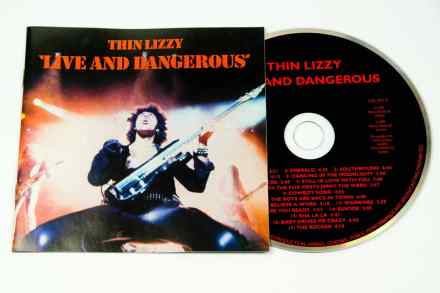An intense slab of religiosity: Nick Cave’s Seven Psalms reviewed
Grade: B There has always been a seriousness and intelligence about Nick Cave quite at odds with that which usually attends to the rancid, tottering, old tart that is rock music, so there should be no surprise that he’s left it completely behind. This is a collection of seven spoken word prayers to that entity with which the Australian has had a long and not always straightforward relationship, God. They are accompanied by minimalist synth and piano compositions – kind of three-note fugues – from collaborator Warren Ellis and none of them clocks in at more than two minutes. Intense religiosity has always both repelled and attracted Cave: here he





















